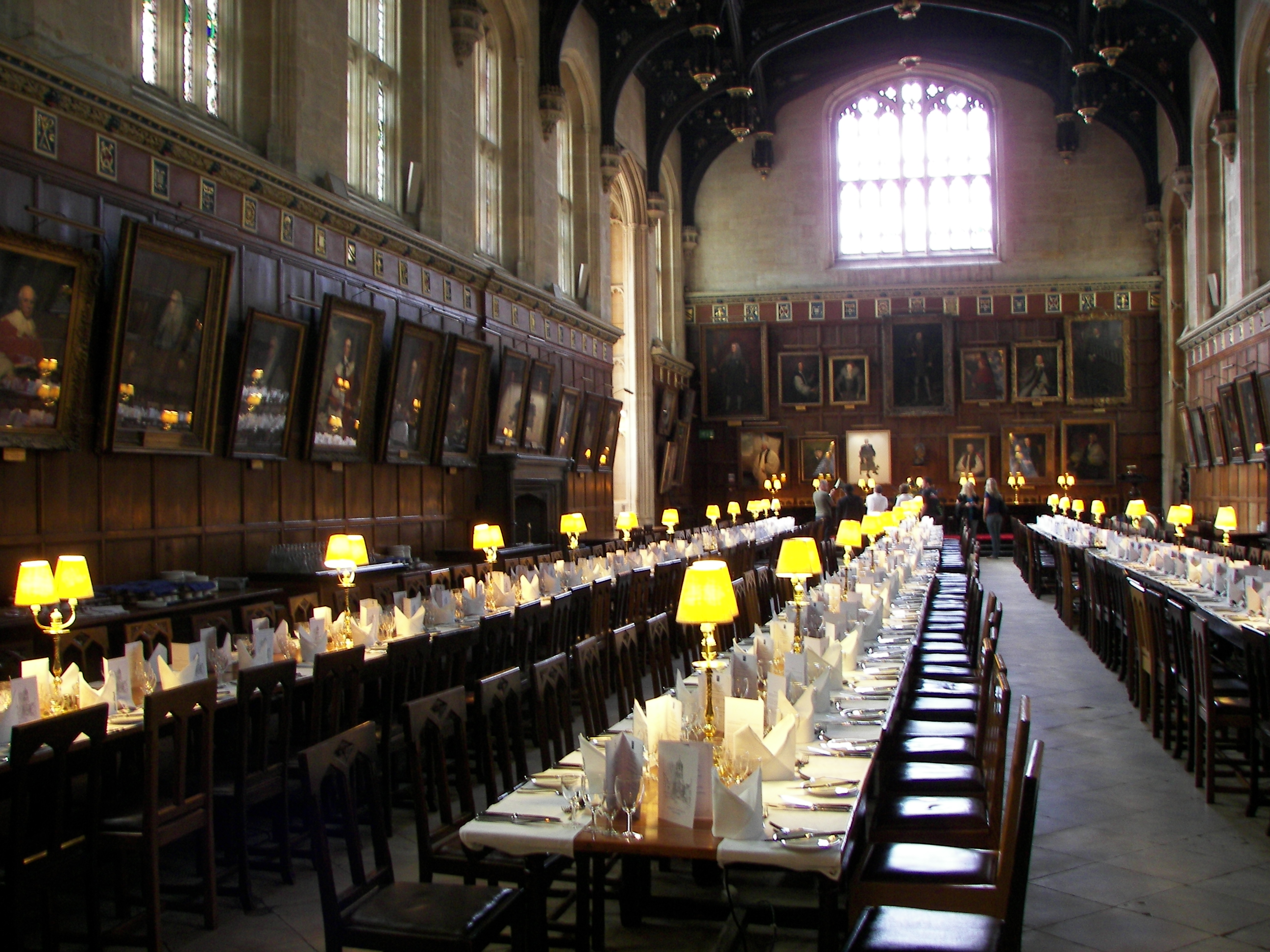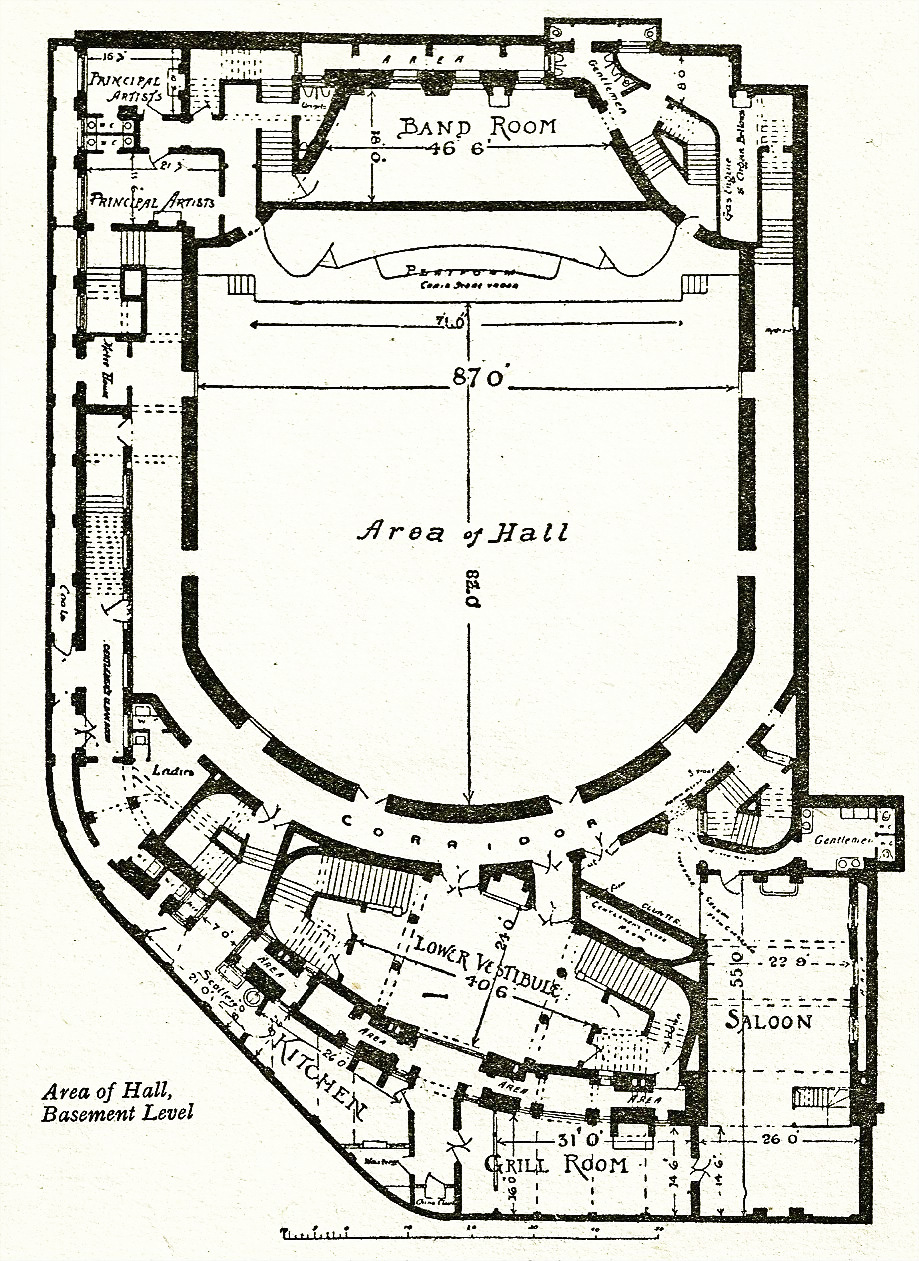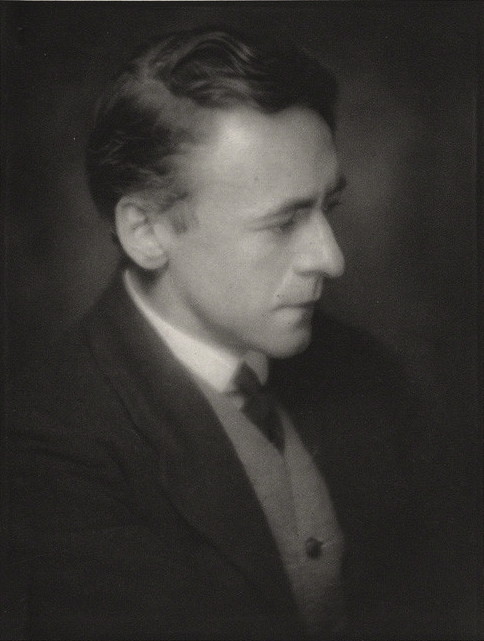|
November Woods
''November Woods'' is a tone poem by Arnold Bax, written in 1917. Ostensibly a musical depiction of nature, the work conveys something of the composer's turbulent emotional state arising from the disintegration of his marriage and his love affair with the pianist Harriet Cohen. According to the composer, the piece is not programmatic, but evokes mood rather than painting a picture or telling a story. History The work was completed in November 1917, and received its first performance in Manchester, on 18 November 1920, given by the Hallé Orchestra conducted by Hamilton Harty. In '' The Manchester Guardian'', Samuel Langford remarked on the "grandeur and singleness of conception" of the piece; he noted the influence of Wagner, but felt that the piece lacked the primeval sense of Wagner's music and instead had an appeal that was "intensely human". The work was given the following month at a Royal Philharmonic Society concert at the Queen's Hall, conducted by Harty. The anon ... [...More Info...] [...Related Items...] OR: [Wikipedia] [Google] [Baidu] |
Symphonic Poem
A symphonic poem or tone poem is a piece of orchestral music, usually in a single continuous movement, which illustrates or evokes the content of a poem, short story, novel, painting, landscape, or other (non-musical) source. The German term ''Tondichtung (tone poem)'' appears to have been first used by the composer Carl Loewe in 1828. The Hungarian composer Franz Liszt first applied the term ''Symphonische Dichtung'' to his 13 works in this vein. While many symphonic poems may compare in size and scale to symphonic movements (or even reach the length of an entire symphony), they are unlike traditional classical symphonic movements, in that their music is intended to inspire listeners to imagine or consider scenes, images, specific ideas or moods, and not (necessarily) to focus on following traditional patterns of musical form such as sonata form. This intention to inspire listeners was a direct consequence of Romanticism, which encouraged literary, pictorial and dramati ... [...More Info...] [...Related Items...] OR: [Wikipedia] [Google] [Baidu] |
Richard Wagner
Wilhelm Richard Wagner ( ; ; 22 May 181313 February 1883) was a German composer, theatre director, polemicist, and conductor who is chiefly known for his operas (or, as some of his mature works were later known, "music dramas"). Unlike most opera composers, Wagner wrote both the libretto and the music for each of his stage works. Initially establishing his reputation as a composer of works in the romantic vein of Carl Maria von Weber and Giacomo Meyerbeer, Wagner revolutionised opera through his concept of the '' Gesamtkunstwerk'' ("total work of art"), by which he sought to synthesise the poetic, visual, musical and dramatic arts, with music subsidiary to drama. He described this vision in a series of essays published between 1849 and 1852. Wagner realised these ideas most fully in the first half of the four-opera cycle '' Der Ring des Nibelungen'' (''The Ring of the Nibelung''). His compositions, particularly those of his later period, are notable for their complex textur ... [...More Info...] [...Related Items...] OR: [Wikipedia] [Google] [Baidu] |
Adrian Boult
Sir Adrian Cedric Boult, CH (; 8 April 1889 – 22 February 1983) was an English conductor. Brought up in a prosperous mercantile family, he followed musical studies in England and at Leipzig, Germany, with early conducting work in London for the Royal Opera House and Sergei Diaghilev's ballet company. His first prominent post was conductor of the City of Birmingham Orchestra in 1924. When the British Broadcasting Corporation appointed him director of music in 1930, he established the BBC Symphony Orchestra and became its chief conductor. The orchestra set standards of excellence that were rivalled in Britain only by the London Philharmonic Orchestra (LPO), founded two years later. Forced to leave the BBC in 1950 on reaching retirement age, Boult took on the chief conductorship of the LPO. The orchestra had declined from its peak of the 1930s, but under his guidance its fortunes were revived. He retired as its chief conductor in 1957, and later accepted the post of ... [...More Info...] [...Related Items...] OR: [Wikipedia] [Google] [Baidu] |
London Philharmonic Orchestra
The London Philharmonic Orchestra (LPO) is one of five permanent symphony orchestras based in London. It was founded by the conductors Sir Thomas Beecham and Malcolm Sargent in 1932 as a rival to the existing London Symphony and BBC Symphony Orchestras. The founders' ambition was to build an orchestra the equal of any European or American rival. Between 1932 and the Second World War the LPO was widely judged to have succeeded in this regard. After the outbreak of war, the orchestra's private backers withdrew and the players reconstituted the LPO as a self-governing cooperative. In the post-war years, the orchestra faced challenges from two new rivals; the Philharmonia and the Royal Philharmonic, founded respectively in 1946 and 1947, achieved a quality of playing not matched by the older orchestras, including the LPO. By the 1960s the LPO had regained its earlier standards, and in 1964 it secured a valuable engagement to play in the Glyndebourne Festival during the s ... [...More Info...] [...Related Items...] OR: [Wikipedia] [Google] [Baidu] |
Lyrita Recorded Edition
Lyrita is a British classical music record label, specializing in the works of British composers. Lyrita began releasing LPs in October 1959 as Lyrita Recorded Edition for sale by mail order subscription. The founder of the company, Richard Itter (5 April 1928 - 1 March 2014) of Burnham, Buckinghamshire, was a businessman and record collector. Having heard many poor records, he determined to make only good ones. Lyrita concentrated on the work of United Kingdom composers. At first this consisted of the piano music of Arnold Bax, Gordon Jacob, E.J. Moeran and Michael Tippett amongst others. The earliest recordings were made in the music room of Itter's home. Itter was responsible for the engineering, production, and editing of the recordings. If he managed to sell 100 copies Itter was able to break even. RCS.2 was the first catalog number, and Gordon Jacob wrote a composition specifically for this album, "Elegy for Piano and Cello", to fill out the programme on the disc. I ... [...More Info...] [...Related Items...] OR: [Wikipedia] [Google] [Baidu] |
Sonata Form
Sonata form (also ''sonata-allegro form'' or ''first movement form'') is a musical structure generally consisting of three main sections: an exposition, a development, and a recapitulation. It has been used widely since the middle of the 18th century (the early Classical period). While it is typically used in the first movement of multi-movement pieces, it is sometimes used in subsequent movements as well—particularly the final movement. The teaching of sonata form in music theory rests on a standard definition and a series of hypotheses about the underlying reasons for the durability and variety of the form—a definition that arose in the second quarter of the 19th century. There is little disagreement that on the largest level, the form consists of three main sections: an exposition, a development, and a recapitulation; however, beneath this general structure, sonata form is difficult to pin down to a single model. The standard definition focuses on the thematic and harm ... [...More Info...] [...Related Items...] OR: [Wikipedia] [Google] [Baidu] |
Queen's Hall
The Queen's Hall was a concert hall in Langham Place, London, Langham Place, London, opened in 1893. Designed by the architect Thomas Knightley, it had room for an audience of about 2,500 people. It became London's principal concert venue. From 1895 until 1941, it was the home of the The Proms, promenade concerts ("The Proms") founded by Robert Newman (impresario), Robert Newman together with Henry Wood. The hall had drab decor and cramped seating but superb acoustics. It became known as the "musical centre of the [British] British Empire, Empire", and several of the leading musicians and composers of the late 19th and early 20th centuries performed there, including Claude Debussy, Edward Elgar, Maurice Ravel and Richard Strauss. In the 1930s, the hall became the main London base of two new orchestras, the BBC Symphony Orchestra and the London Philharmonic Orchestra. These two ensembles raised the standards of orchestral playing in London to new heights, and the hall's resident ... [...More Info...] [...Related Items...] OR: [Wikipedia] [Google] [Baidu] |
Royal Philharmonic Society
The Royal Philharmonic Society (RPS) is a British music society, formed in 1813. Its original purpose was to promote performances of instrumental music in London. Many composers and performers have taken part in its concerts. It is now a membership society, and while it no longer has its own orchestra, it continues a wide-ranging programme of activities which focus on composers and young musicians and aim to engage audiences so that future generations will enjoy a rich and vibrant musical life. Since 1989, the RPS has promoted the annual Royal Philharmonic Society Music Awards for live music-making in the United Kingdom. The RPS is a registered UK charity No. 213693, located at 48 Great Marlborough Street in London. The current chief executive of the RPS is James Murphy, and its current chairman is John Gilhooly. History In London, at a time when there were no permanent London orchestras, nor organised series of chamber music concerts, a group of thirty music profession ... [...More Info...] [...Related Items...] OR: [Wikipedia] [Google] [Baidu] |
Samuel Langford
Samuel Langford (1863 - 8 May 1927) was an influential English music critic of the early twentieth century. Trained as a pianist, Langford became chief music critic of ''The Manchester Guardian'' in 1906, serving in that post until his death. As chief critic, he succeeded Ernest Newman and preceded Neville Cardus. Biography Early years Langford was born to an old Lancashire family in Withington, near Manchester, where his father was a market gardener.Obituary, ''The Manchester Guardian'', May 9, 1927, p. 7 and p.9 By the age of twenty Langford was an accomplished pianist and church organist, and was sent to study in Leipzig with Carl Reinecke. Recognising that his short hands were unsuited to virtuoso pianism, Langford returned to Manchester, where he was engaged by ''The Manchester Guardian'' as deputy to Ernest Newman, whom he succeeded as chief music critic in 1906. ''Manchester Guardian'' The rest of Langford's career was spent in this post, based in Manchester, although ... [...More Info...] [...Related Items...] OR: [Wikipedia] [Google] [Baidu] |
Arnold Bax
Sir Arnold Edward Trevor Bax, (8 November 1883 – 3 October 1953) was an English composer, poet, and author. His prolific output includes songs, choral music, chamber pieces, and solo piano works, but he is best known for his orchestral music. In addition to a series of symphonic poems, he wrote seven symphonies and was for a time widely regarded as the leading British symphonist. Bax was born in the London suburb of Streatham to a prosperous family. He was encouraged by his parents to pursue a career in music, and his private income enabled him to follow his own path as a composer without regard for fashion or orthodoxy. Consequently, he came to be regarded in musical circles as an important but isolated figure. While still a student at the Royal Academy of Music Bax became fascinated with Ireland and Celtic culture, which became a strong influence on his early development. In the years before the First World War he lived in Ireland and became a member of Dublin literary cir ... [...More Info...] [...Related Items...] OR: [Wikipedia] [Google] [Baidu] |
The Manchester Guardian
''The Guardian'' is a British daily newspaper. It was founded in 1821 as ''The Manchester Guardian'', and changed its name in 1959. Along with its sister papers ''The Observer'' and '' The Guardian Weekly'', ''The Guardian'' is part of the Guardian Media Group, owned by the Scott Trust. The trust was created in 1936 to "secure the financial and editorial independence of ''The Guardian'' in perpetuity and to safeguard the journalistic freedom and liberal values of ''The Guardian'' free from commercial or political interference". The trust was converted into a limited company in 2008, with a constitution written so as to maintain for ''The Guardian'' the same protections as were built into the structure of the Scott Trust by its creators. Profits are reinvested in journalism rather than distributed to owners or shareholders. It is considered a newspaper of record in the UK. The editor-in-chief Katharine Viner succeeded Alan Rusbridger in 2015. Since 2018, the paper's main ne ... [...More Info...] [...Related Items...] OR: [Wikipedia] [Google] [Baidu] |
Hamilton Harty
Sir Herbert Hamilton Harty (4 December 1879 – 19 February 1941) was an Irish composer, conductor, pianist and organist. After an early career as a church organist in his native Ireland, Harty moved to London at about age 20, soon becoming a well-known piano accompanist. ''The Musical Times'' called him "the prince of accompanists". As a composer he wrote throughout his career, many of his works being well received, though few are regularly performed in the 21st century. In his career as a conductor, which began in 1904, Harty was particularly noted as an interpreter of the music of Berlioz. From 1920 to 1933 he was the chief conductor of the Hallé Orchestra in Manchester, which he returned to the high standards and critical acclaim that it had enjoyed under its founder, Charles Hallé. His last permanent post was with the London Symphony Orchestra, but it lasted only two years, from 1932 to 1934. During his conducting career, Harty made some recordings with his orchestras. ... [...More Info...] [...Related Items...] OR: [Wikipedia] [Google] [Baidu] |





.jpg)


